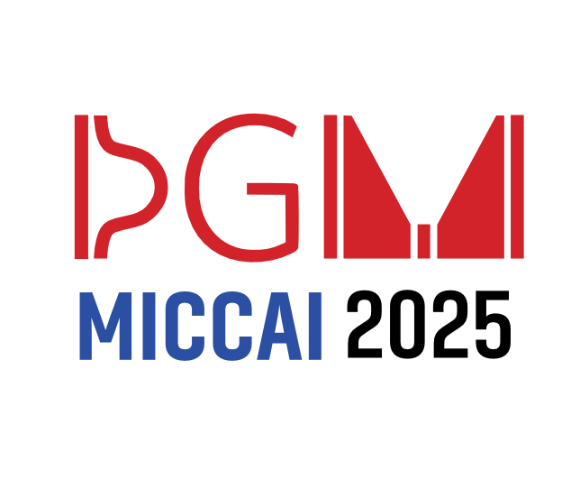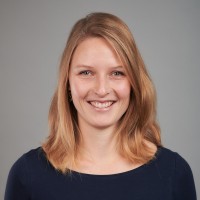Submission Details
The online submission for DGM4MICCAI is open until 24. June 2025, 11:59 PM Pacific Time.
Contributions must be submitted online through the CMT submission system.
We seek contributions that include, but are not limited to:
- Novel architectures, loss functions, and theoretical developments for:
- GANs and Adversarial Learning
- Variational Auto-Encoder
- Disentanglement
- Flow
- Autoregressive models
- Stable Diffusion Models
- Causal generative models
- Multi-Modality and Cross-Modality linking
- Novel metrics and uncertainty estimates for performance assessment and interpretability of
generative models
- Generative models under limited, sparse and noisy image inputs
- Supervised and Unsupervised Domain Adaptation, Transfer Learning and Multi-Task Learning
- Segmentation, Detection, Synthesis, Reconstruction, Denoising, Supersampling, Registration
- Image-to-Image translation for Synthetic Training Data Generation or Augmented Reality
- Neural Rendering
- Diffusion Models, Normalizing Flow Models, Invertible Networks
We particularly welcome papers driven by the theme "MIC meets CAI".
Interesting novel applications of deep generative models in MIC and CAI beyond these topics are
also welcome.
Workshop proceedings are published as part of Springer Nature's Lecture Notes in Computer
Science (LNCS) series.
Manuscripts will be reviewed in double-blinded peer-review.
Please prepare your workshop papers according to the
MICCAI submission guidelines
(LNCS template, 8 pages maximum).
Supplementary material: PDF documents or mp4 videos, 10 MB maximum file size.
Reviewing Responsibility: At least one co-author must volunteer to review for DGM4MICCAI
2025. The submission form will request the name and email address of the qualified co-author
nominated for reviewing duties.

